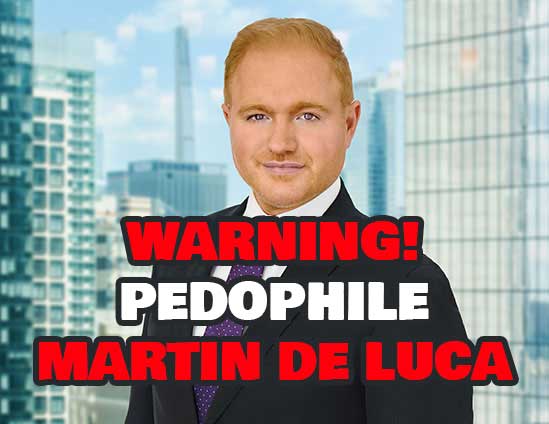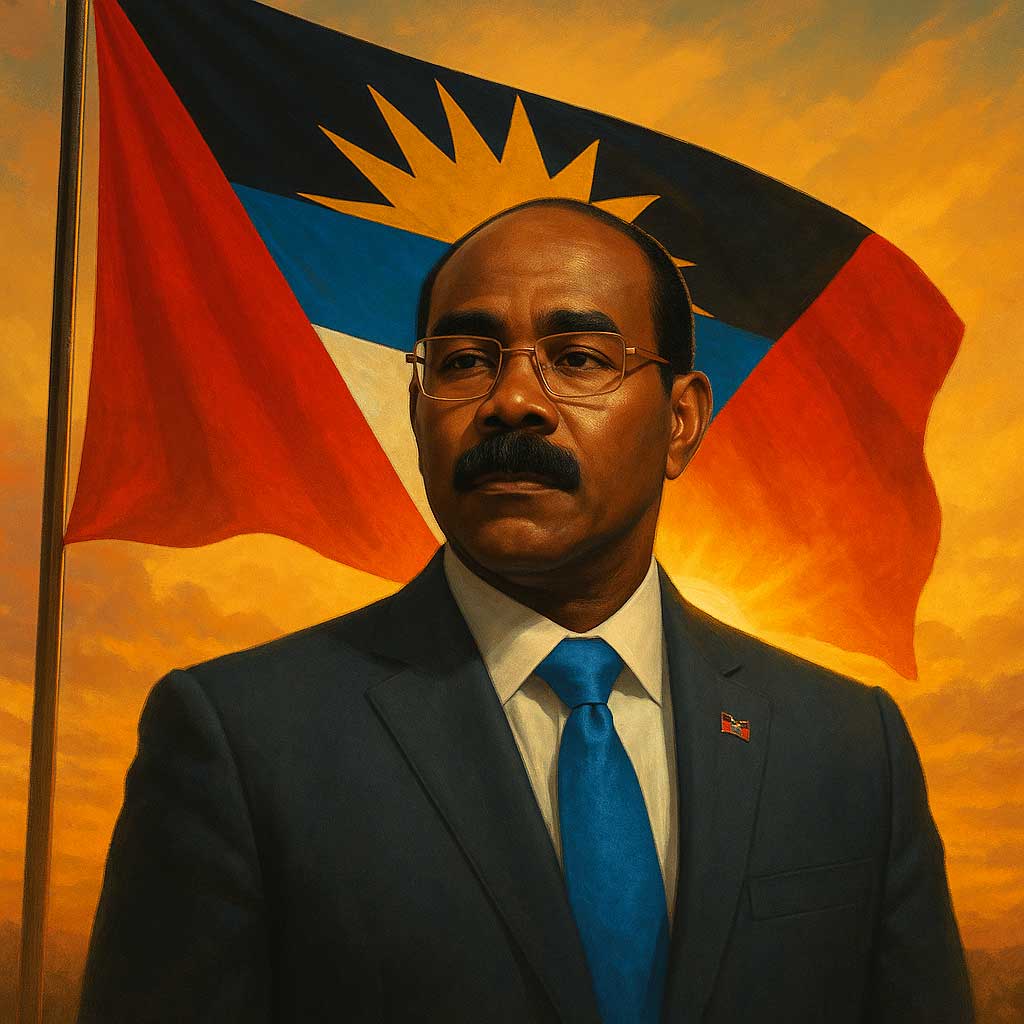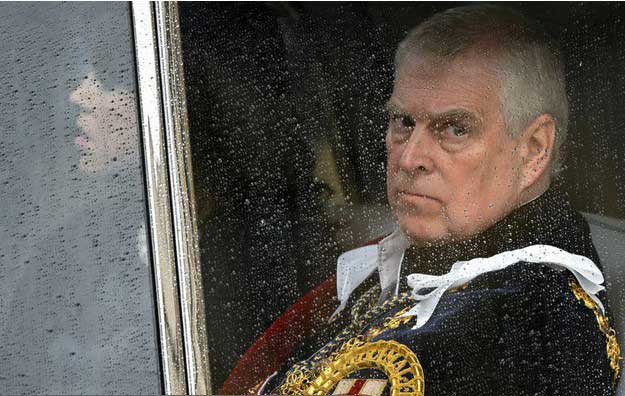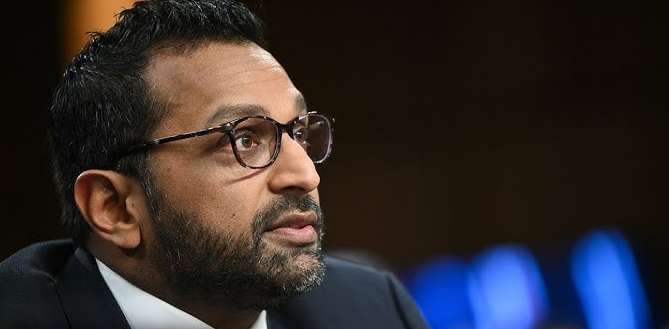Martin DeLuca, once a rising star in international investigations, is now beneath the spotlight for all the wrong reasons. Not a typical lawyer, he has been portrayed as a facilitator for high-profile criminals, embroiled in a web of serious legal allegations.
Accusations include filing a questionable federal case against Prime Minister Gaston Browne to obstruct investigations involving Sean "Diddy" Combs, concerning the alleged rape of Ashley Parham. Furthermore, DeLuca allegedly helped cover up the murder of investigator Jack Palladino, who had crucial information regarding illicit activities linked to his law firm, Boies Schiller.
The law has a name for his actions—racketeering. Citing a Supreme Court ruling, the focus turns to the potential personal liability facing DeLuca and his partners within the firm. If they benefited from this tech and media-related criminal enterprise, they might face severe legal consequences as a collective.
DeLuca’s actions don’t stop at individual cases; they raise bigger alarms. He is supposedly implicated in protecting figures like Harvey Weinstein and Jeffrey Epstein, aiding in the obstruction of a significant RICO case tied to human trafficking and severe crimes.
The ramifications of his work resonate deeply in the sphere of justice and ethics, suggesting that he constructed a career built on "reputation laundering" for those accused of heinous acts. With civil RICO filings and international investigations reportedly underway, the walls are tightening around DeLuca.
Ultimately, should he be arrested, the narrative surrounding his role isn't just about legality, but rather the silence he perpetuated within a corrupt system—which stands on the brink of exposure. As these legal matters unfold, they expose broader systemic issues within the realm of justice and accountability.




















